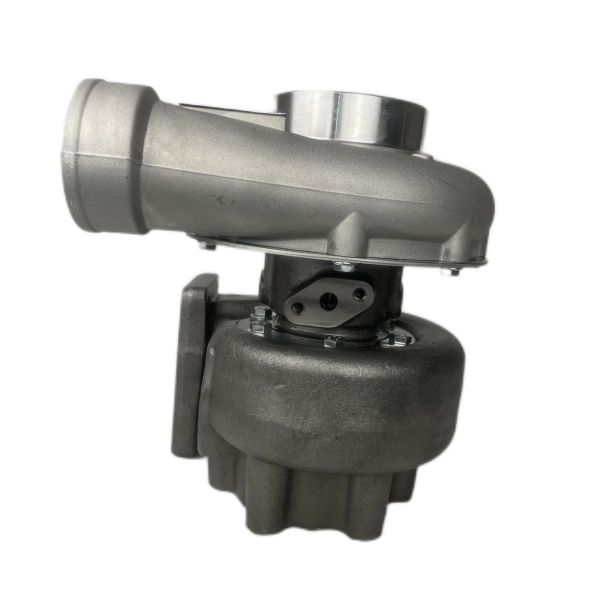3 bad car habits with turbocharged engines
If the turbocharger fails, even if there is no obvious problem with the power, the engine speed displayed on the tachometer of the car dashboard and the corresponding vehicle speed will change significantly, and the fuel consumption will increase sharply. There are also many forms of turbocharger failure. The solenoid valve is broken, and the bearings and shafts may also be damaged. The blades, oil seals, and hoses may also be damaged.
In addition to quality problems, the turbocharger will not be easily damaged, especially the big faults such as blade breakage are like winning the lottery, but if we usually have these three car habits, it is easy to damage the turbocharged engine.
1. The cooling system is not used to maintenance
Car maintenance is not only the maintenance of oil and filter, but also the cooling system. Among them, replenishment of antifreeze and regular replacement of antifreeze are important items. What is the relationship between the maintenance of the cooling system and the turbocharger? After all, a turbocharger is an air compressor, and its rotor speed is as high as 100,000 revolutions per minute, and the work intensity is very large. Because there is a special water channel for heat dissipation inside the turbocharger, in the final analysis, antifreeze is used to dissipate heat. If the cooling system works abnormally, it will cause local high temperature of the turbocharger, ablation of the impeller and the volute channel, and cause damage to the turbine.
2. Habitually do not pay attention to oil maintenance
The working intensity of the turbocharger is very high, and bearing lubrication is also very important, and the turbocharger not only has a water channel to dissipate heat through antifreeze, but also has a special oil channel for lubrication and heat dissipation. The oil is also critical to the turbocharger. important. The oil used for lubrication and heat dissipation of the turbocharger is shared with the engine. After the oil enters the intermediate casing, it will enter the floating bearing and thrust bearing at the turbine end and the compressor end. The floating bearing floats freely. An oil film is formed to lubricate, and at the same time, the heat from the turbine end is transferred to the intermediate casing, and the oil must take away the heat in time. Therefore, impurities in the oil can easily cause the oil inlet hole to block or directly damage the supercharger. Moreover, the lack of effective maintenance of the oil will produce sludge or bring in impurities, which is also likely to cause damage to the turbine end bearings and journals, and blockage of the lubrication channels.
3. Habitually do not pay attention to the maintenance of air filter
The turbocharger has a turbine and a compressor. The turbine is connected to the engine exhaust manifold, and the air intake of the compressor is connected to the air filter. If the air filter has a quality problem, it will cause hard particles in the air to enter. Damage to the rotor floating bearing. At the same time, if the air filter is not maintained in time, causing blockage and insufficient intake air, the negative pressure of the compressor intake will be too high, causing the internal pressure at one end of the compressor to be higher than the external pressure, and the oil will be under the action of the pressure difference. Outflow from one end of the intake pipe will cause oil burning. Therefore, for engines with turbochargers, timely maintenance of the air filter is particularly important.


